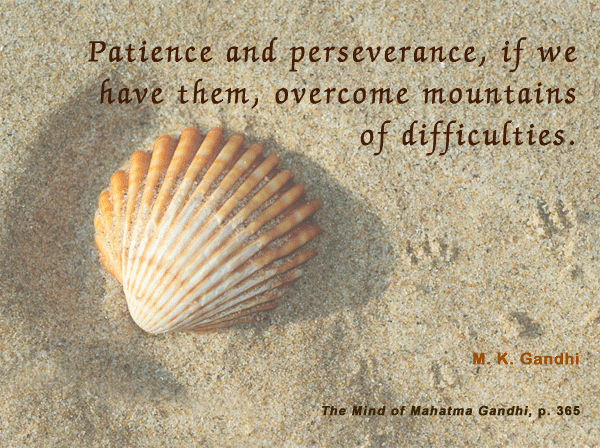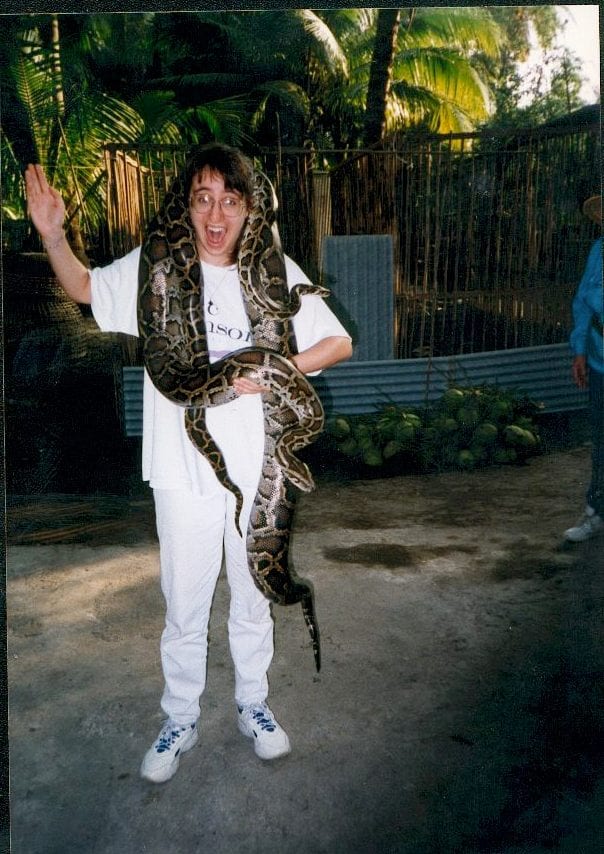What would you choose as the most important success factor in working across cultures? When I ask my clients this question, the response is often the same: Patience. They also cite patience as one of the most difficult intercultural skills to master.
How do we overcome the gap between the enhanced amount of patience we need to work across cultures, and the deadlines and stress that can prevent us from exercising it?
Though we might say “I will focus on being more patient with my counterparts in Malaysia” we don’t often talk about how we will develop that skill. While no magic wand can be waved to give us infinite patience, here are some strategies that have worked well for my teams.
- Recognize that patience is not a destination, but rather an ongoing pursuit that we can refine and improve over time. Sometimes global team pressures can get the better of you. Imagine yourself on a conference call with hours to go before a deadline is missed, then add in accent difficulties, slow progress, and technology failures every five minutes. You are not failing at patience if you lose your cool at times. When stress hormones fire too rapidly our executive function can’t keep up and we become overwhelmed. When this happens, research shows that the best technique is observation. Watch your angry thoughts go by as someone would sit on a river bank and watch the current flow. Observe where impatience is showing up in your body. Then gently redirect your thoughts to focus on your breath going in and out. Just observe. If you need to take a five minute break to implement this technique, by all means do so.
- Create a set of personal values in advance about how you want to interact with colleagues across cultures. To deal with the stressful times that spawn impatience, we need to have solid ground to come back to when the going gets rough. I have seen many successful leaders decide in advance how they want to be when dealing with the rapid change and ambiguity of global business. During challenging situations they have a foundation to come back to. Here are some examples of those values and qualities:
- I will assume positive intent when I discover something was not done correctly. I will ask questions before jumping in with suggestions.
- I expect that speaking across accents will be difficult. My goal is not ease, but shared understanding.
- If I’m getting frustrated, there may be a cultural difference underlying the issue. I will look for clues about what that difference could be.
- Although I am constantly under time pressure, relationships are important. I will take the time to invest in them.
- State needs and expectations as clearly as possible up front, then expect some ambiguity. Cross-cultural teams are famous for making assumptions. Think of the Mars orbiter that crashed because a Lockheed Martin engineering team used English units of measurement while NASA’s team used the metric system for a key spacecraft operation. And that was within the same national culture! If we over-communicate in the early stages of a project, we run less risk that we will need infinite amounts of patience later. When the need for patience does arise, we will know that we did our best with clarity around roles, responsibilities, terms, acronyms, overall goals, and more. Whatever difficulty is left is a normal part of doing business in a complex environment, so we can take a deep breath and move on.
- Pause for four seconds (or more). Author Peter Bregman provides a valuable tool for responding to stressful situations with more patience. He says that taking a four second pause allows us the time to shift from the fight or flight part of the brain to the pre-frontal cortex, the part of our brain that gives us more control over our response. Next time you feel the need to hurry an interaction along because your to-do list is the size of a planet, or you feel frustration rising when a colleague provided incorrect documentation, take four seconds. That fraction of time will temper your emotion, and may bring more and better solutions to the challenge itself.
Patience is only getting more difficult to cultivate in a world moving at lightning speed. This challenge only makes it more important to stay on the road of being present, still and highly aware.
“Why is patience so important? Because it makes us pay attention.”
― Paulo Coelho





